
( June 2009: Author - on the right,
with ASEAN Secretary-General, H.E. Dr. Surin Pitsuwan)

In most countries, SMEs formed the backbone of the economy be it in terms of the number of people employed, sales generated and other economic indicators.
Hence, I personally find it strange and surprising that despite the existence of an ASEAN SME Blueprint appearing in the ILO Report and the more recent Roadmap for an ASEAN Community, 2009-2015(C.1. SME Development, No.60 ), there is still no single ASEAN definition of what constitutes an ASEAN SME to-date!
Perhaps, the wide array of SME interpretation by different countries makes it difficult for ASEAN to come out with a standardised definition of an SME. For example:-
- INDONESIA: Different ministries, have "different interpretations" of what constitutes an SME.
- Singapore: Due to the "Currency Conversion" factor, what is normally considered as an SME company in Singapore DOES NOT qualify as one within the ASEAN context. Singaporean SMEs can be MNCs in some ASEAN countries.
- MALAYSIA: The policy-makers have defined SMEs within certain parameters. They are sales turnover, no. of employees and/or type of industry. Refer to SMIDEC (now renamed "SME Corp") for Malaysia's definition.
Considering the existence of the Roadmap for an ASEAN Community, I find it even stranger that SME data is NOT readily available when the writer conducted interviews at ASEC & ERIA. Perhaps, the very nature of SMEs i.e. non-availability of published data and its "unsexyness" is a turn-off for most researchers!?
Whatever the situation is, the author hopes that the ASEAN SME definition can be finalised
...the Sooner the Better!

















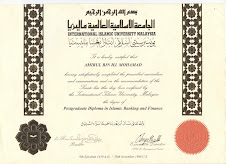.jpg)

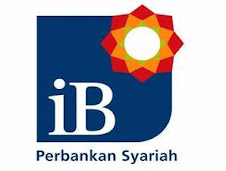.jpg)









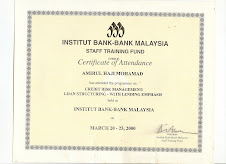.jpg)
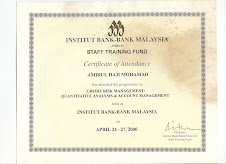.jpg)
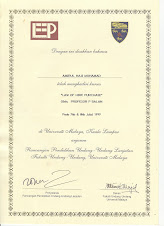.jpg)
.jpg)



